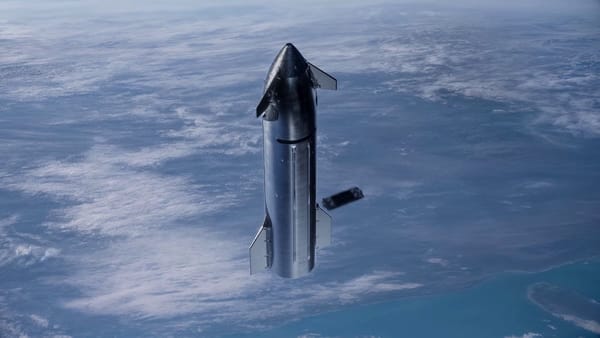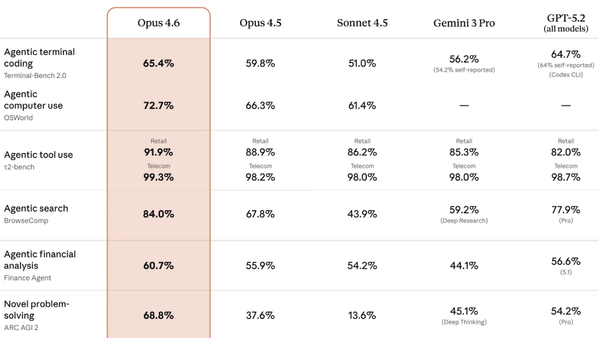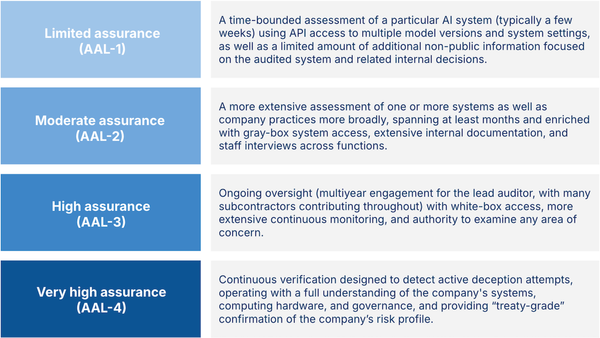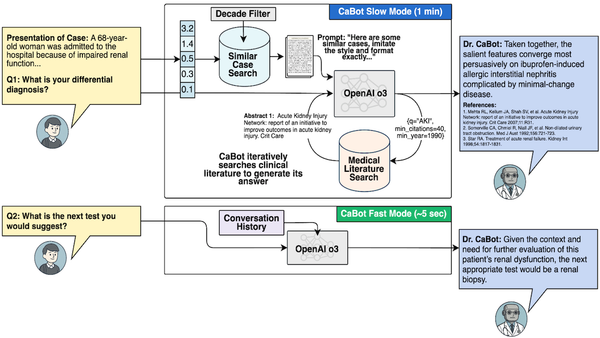Hollywood Joins AI Copyright Fight: Disney and Universal sue Midjourney, alleging the image generator violates their intellectual property rights
Hollywood studios joined the record companies, publishers, and artists in the fight against companies that have trained AI models on their copyrighted works.
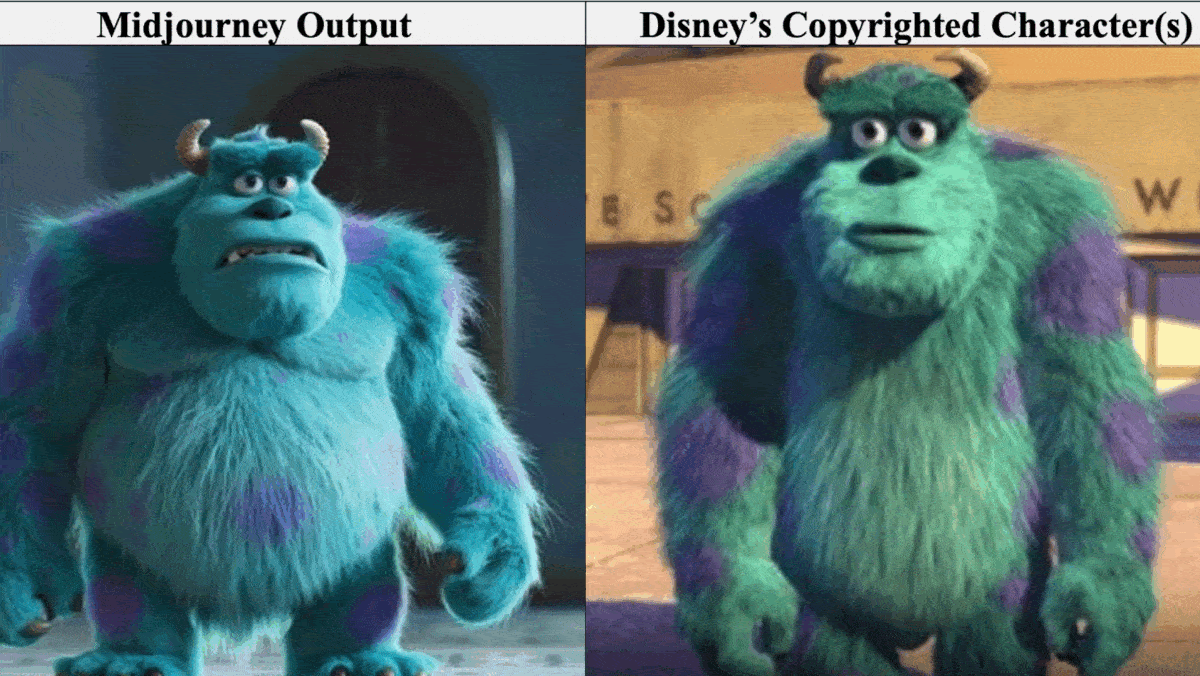
Hollywood studios joined the record companies, publishers, and artists in the fight against companies that have trained AI models on their copyrighted works.
What’s new: Disney and Universal sued Midjourney, accusing the image-generation startup of training its models on “countless” unauthorized copies of their copyrighted works and distributing images that depict characters the plaintiffs created.
How it works: Disney and Universal asked the court to order Midjourney to cease its alleged unauthorized distribution of their intellectual property. Further, they want Midjourney, which took in revenue of $300 million in 2024, to pay unspecified damages based on the claim that copyright law entitles them to $150,000 per infringed image. The studios accuse Midjourney of both direct infringement (that is, directly violating their copyrights by copying, displaying, or distributing their work without permission) and secondary infringement (enabling or encouraging direct infringement by others).
- The lawsuit alleges that Midjourney reproduces copyrighted and derivative works, including the images of movie and television characters from Star Wars, Toy Story, Cars, Ironman, and The Simpsons.
- Midjourney generates such images even if users don’t ask for them explicitly. For instance, an image allegedly generated in response to the prompt, “Superhero fight scene,” includes Disney’s Spider-Man character.
- Midjourney is aware of the infringement, the studios claim, pointing out that Midjourney’s website includes infringing images in sections curated by the company.
- Midjourney could use software that would prevent its system from generating and distributing copyrighted material, the lawsuit says, citing other software products that identify copyrighted works automatically.
- The filing alleges that Disney and Universal sent cease-and-desist letters to Midjourney, but the AI company didn’t stop producing and distributing images that infringe their copyrights.
Behind the news: Copyright law is ambiguous on whether training AI systems on copyrighted works requires permission from the copyright holders, and several cases are winding their way through U.S. courts to answer this question. Starting in 2023, artists, authors, and publishers initiated legal actions against Alphabet, Meta, and OpenAI. Last year, some of the largest companies in the recording industry sued the AI music startups Suno and Udio. In February, a Delaware federal court issued the first major decision in this area, when a U.S. Circuit judge ruled that an AI-powered legal research service could not claim that training its models on writings produced by Thomson Reuters was a fair use because the resulting products competed with Thomson Reuters’ own products.
Why it matters: AI systems require enormous amounts of data. Historically, developers have felt free to use whatever copyrighted works they could find, typically online. As AI systems show greater potential to erode the market for human-made creative works — and to reproduce such works and create new works derived from them — owners of copyrighted material are looking for compensation as well as protection against this new form of competition. A single lawsuit won’t settle the issue, but this case, brought by two of the most powerful entertainment companies in the world, could set a precedent that strongly influences future lawsuits, the behavior of AI companies, and future legislation to update copyright for the AI era.
We’re thinking: Film studios and music labels once considered YouTube a copyright violator. Viacom, the entertainment company behind MTV and The Jersey Shore, once sued YouTube for copyright infringement. YouTube prevailed in two proceedings before the parties settled out of court, and YouTube subsequently improved its ability to detect and remove copyrighted works. Today, movie and recording companies rely on the enormously popular web video service to promote their wares. Given that history, Hollywood might consider partnering with AI companies instead of suing them. The pie would be bigger if Hollywood and AI companies worked together, although how to divide it would need to be worked out.

